As protests against police brutality continue to gain momentum, Chris Boot and Thomas Dworzak look back at the Georgian revolution, when the president fired the country’s corrupt police force
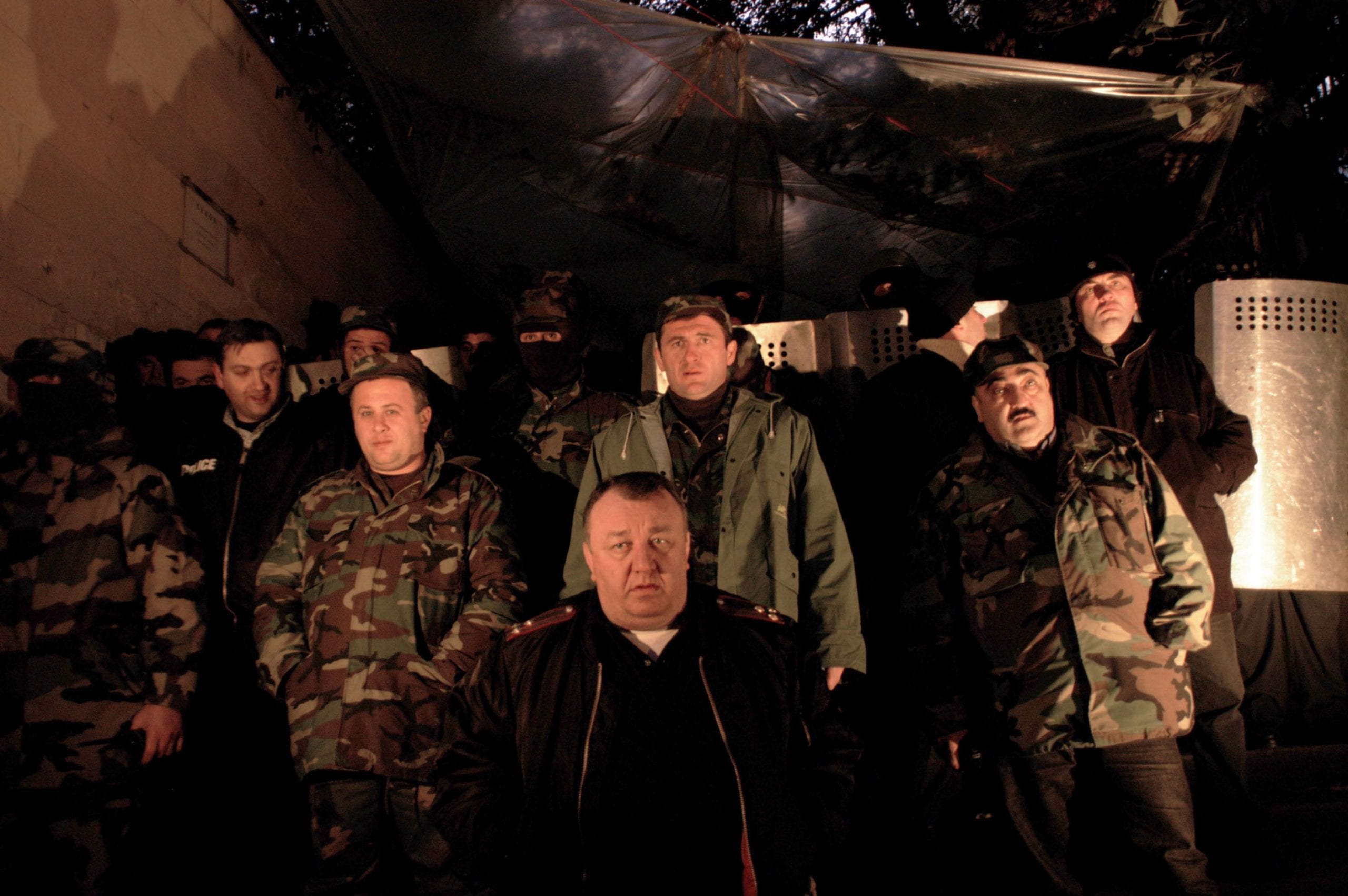

As protests against police brutality continue to gain momentum, Chris Boot and Thomas Dworzak look back at the Georgian revolution, when the president fired the country’s corrupt police force
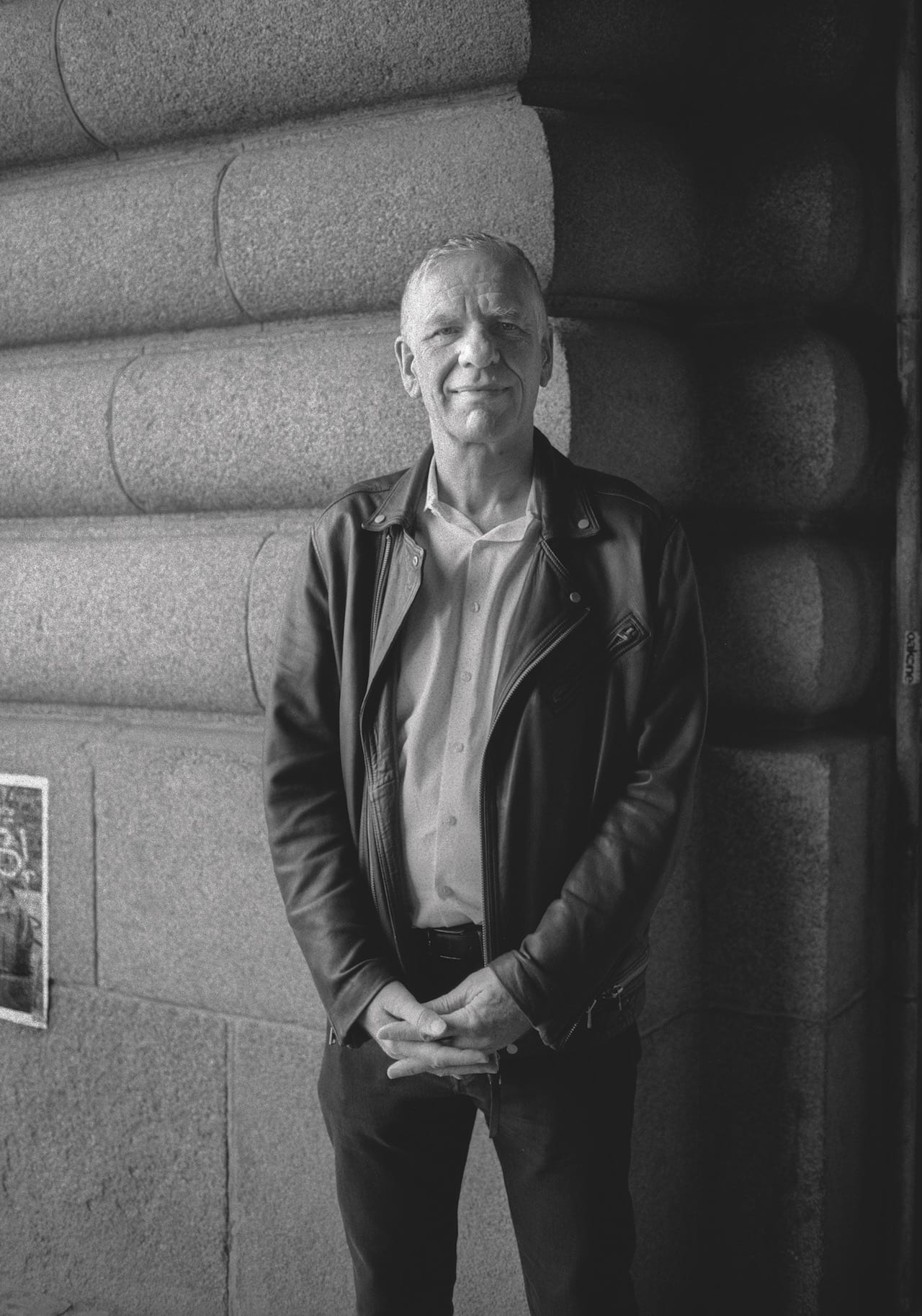
This month, editor, publisher, and executive director at Aperture Foundation Chris Boot reflects on his life and career
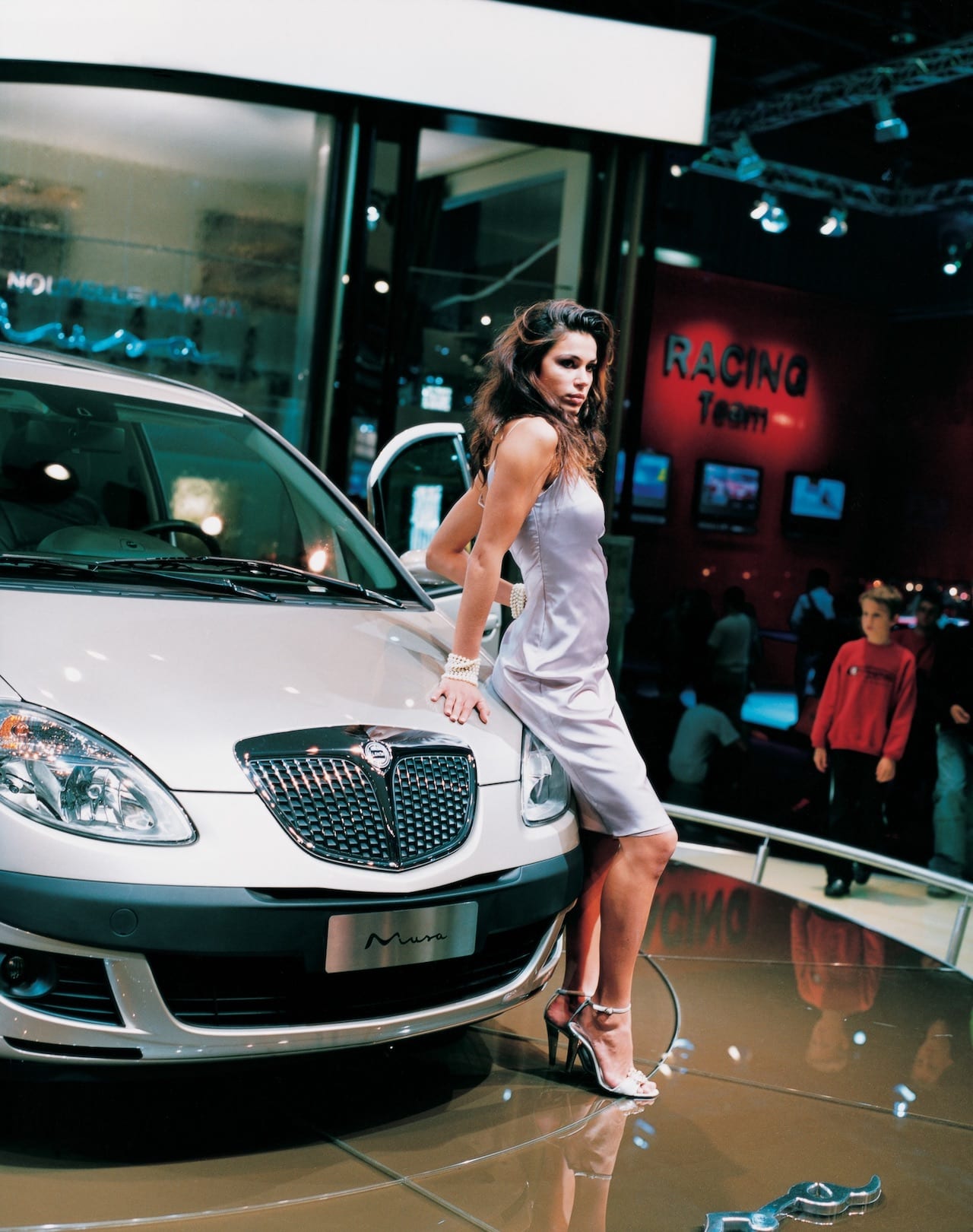
“I was trained as a sculptor, and this was the first time I had used the camera,” wrote Jacqueline Hassink in the Financial Times in 2011, of her breakthrough project The Table of Power. Between 1993 and 1995 Hassink contacted forty of the largest multinational corporations in Europe, asking to photograph their boardrooms. “I wanted to find a table that symbolised modern society’s most important value: economic power,” she writes. Nineteen refused, while the remaining 21, in Britain, the Netherlands, Germany, France, Switzerland and Italy, eventually agreed.
The book was published in 1996; it was the first time that photographs of these places had been made public, and in the spring of 2009, after the global recession, Hassink decided to revisit the boardrooms. With The Table of Power 2, she examined how boardroom design, revenue and employee numbers had changed over the intervening years.
Hassink, who has died aged just 52, was born in Enschede, the Netherlands, on 15 July 1966. She trained to be a sculptor at the Royal Academy of Art in The Hague, and then at the Trondheim Academy of Fine Art in Norway, but after graduating in 1992, presented herself mainly as a photographer, publishing nine books – including another celebrated title, Car Girls, in 2009. It was shot over five years at car shows across seven cities in three different continents, including New York, Paris, Geneva, Tokyo, Detroit, and Shanghai, focusing in on differing cultural standards on ideals of beauty on the women paid to pose with the cars.
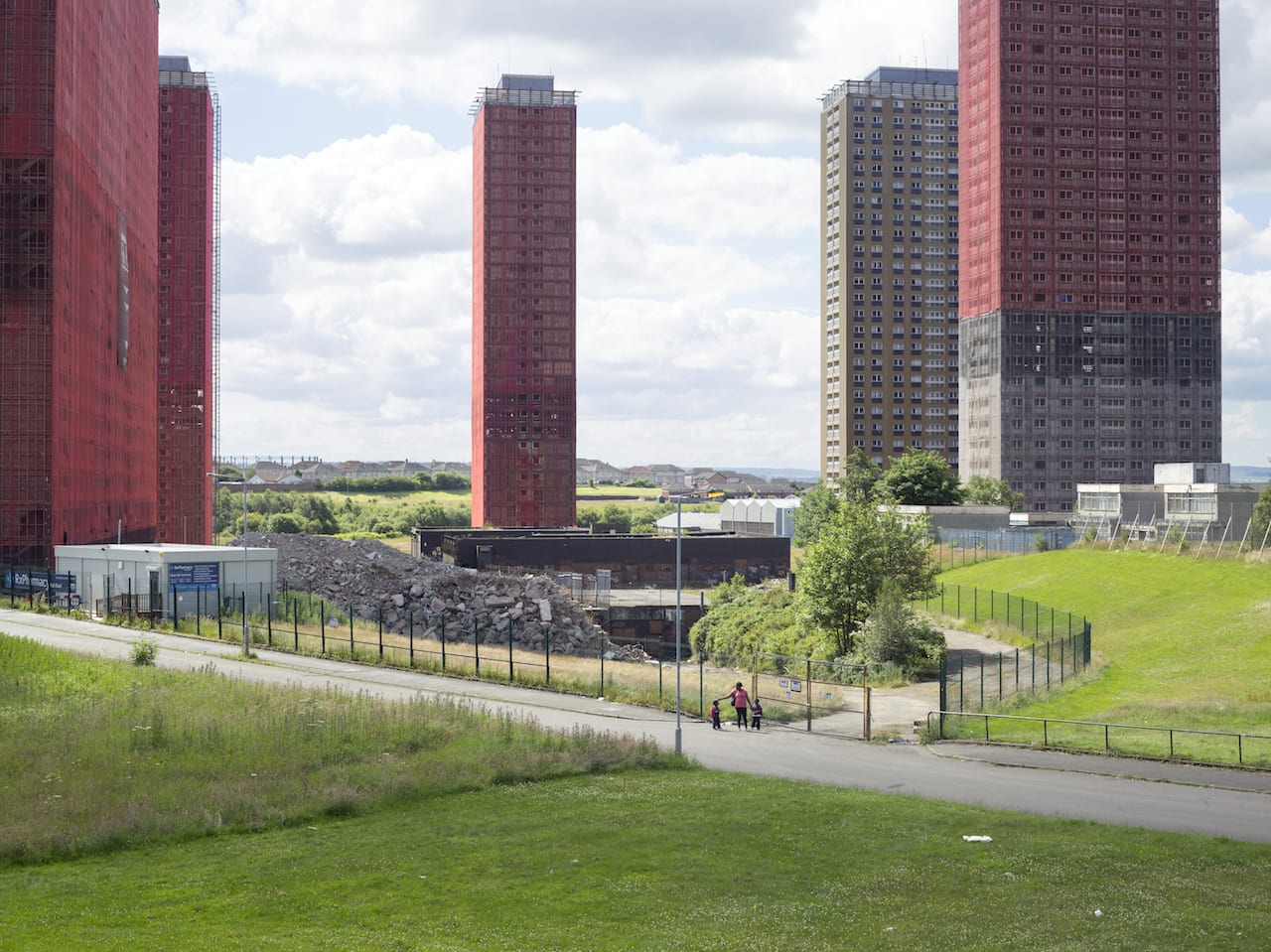
Merrie Albion: Landscape Studies of a Small Island is a concise compendium of Britain over the past few years and is an excellent visual survey of the run-up to Brexit. The photographs examine rich and complex variations of Britain that are now even more poignant after last year’s vote. Images of election campaigning in clean and tidy suburbia, protests, the aftermath of riots in London, diamond jubilee celebrations, rock concerts, a family enjoying Brighton beach, computer screens of the trading floor of Lloyds – the list goes on. Roberts has managed to capture all the major events in juxtaposition with minor situations that are large with meaning, from the dead of the Iraq war being saluted by Army veterans through Wootton Bassett to an depiction of impoverished mothers and children at a youth club in Blackburn. Contained within each photograph are mini dramas, cheap-looking high streets with pound shops set against Victorian architecture. Roberts shows a Britain at odds with itself. Rather than a harmonious society, we sense fragmentation and awkwardness and a yearning for a glorious past that never existed.
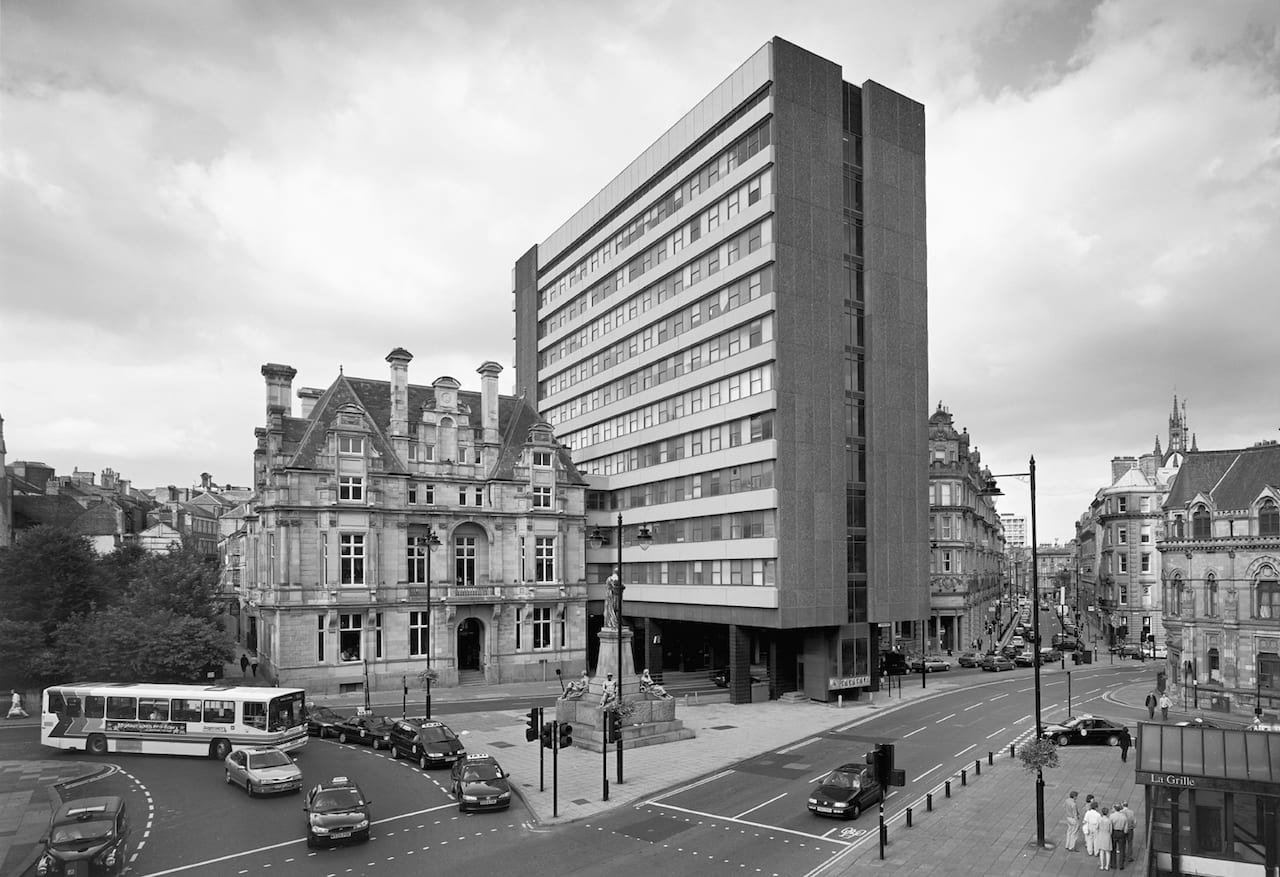
“The British Landscape…is a long-term ongoing project about the enormous changes that have taken place in the UK – the world’s first industrial society and the first to de-industrialise,” says John Davies. “Much of Britain’s infrastructure and the rapid expansion of industrial cities were created through the unprecedented growth of the Industrial Revolution. By the early 1980s, when I started this project, many of these large-scale industries and industrial communities were in terminal decline.”